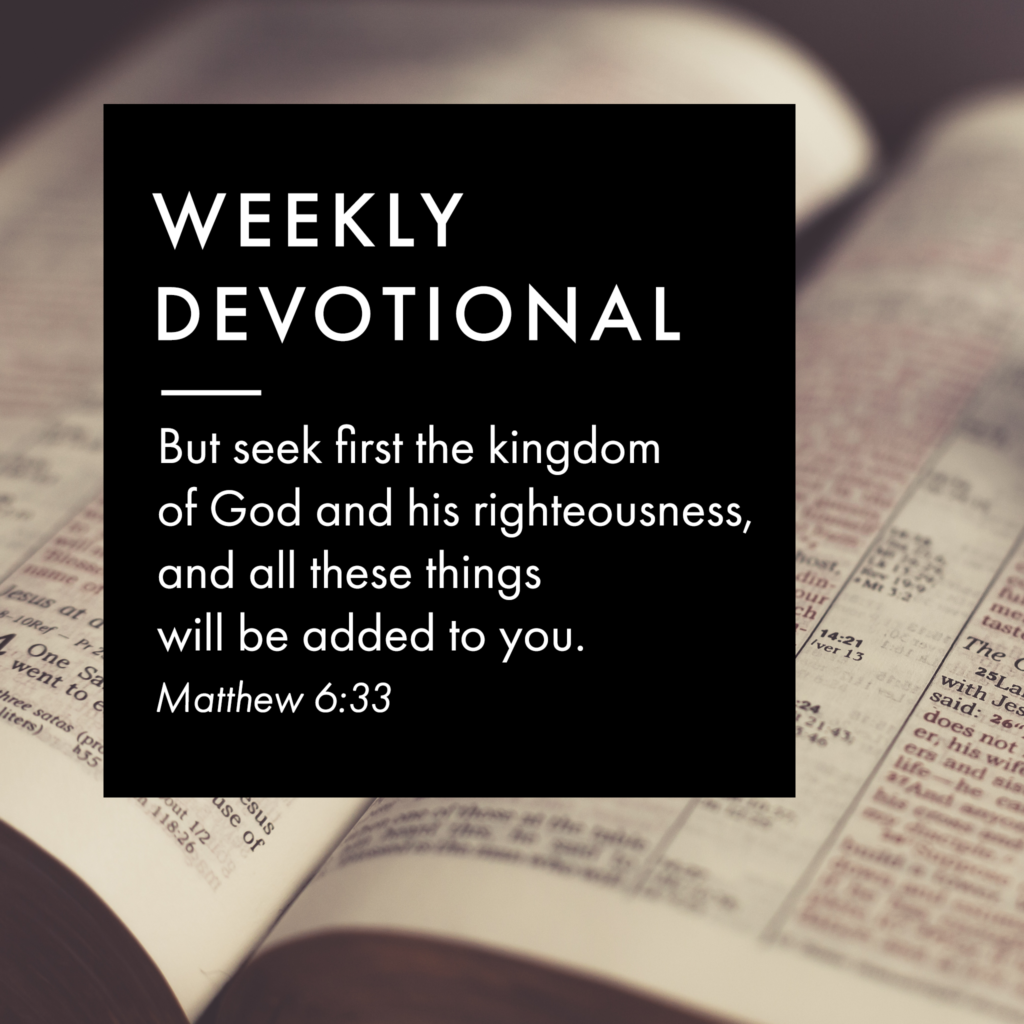Heal Our Land
The Shelter of His Wings, Devotion #14

“Blessed are those whose strength is in You, whose hearts are set on pilgrimage. As they pass through the Valley of Baka, they make it a place of springs…” –Psalm 84:5-6a
Years ago, as I was praying for a friend who was going through a difficult time in her marriage, this phrase, the Valley of Baka, crossed my mind. I couldn’t remember ever hearing the phrase before and didn’t know what it meant. But I knew enough about how the Holy Spirit works to start my research in the Bible. And sure enough, I found the phrase in Psalm 84.
Sometimes translated as the Valley of Weeping, the word Baka is only found in this one place in the Bible. But the same Hebrew word is associated with the Valley of Rephaim in 2 Samuel 5:23-24, a site 4-7 kilometers southwest of the present-day Old City of Jerusalem. It’s here that David inquired of the Lord about how to defeat the Philistines, and was told to “circle around behind them…” and “As soon as you hear the sound of marching in the tops of the balsam trees, move quickly…the Lord has gone out in front of you…” It’s the type of trees—balsam—that causes the association with weeping in the psalm. Balsam trees produce sap that “weeps.”
Whatever its meaning, it seems to me that we’ve had our own slow, steady slog through the Valley of Baca in our nation this year. Many of us know, or know someone who knows, someone who has been sick or lost a loved one to COVID-19. Jobs have disappeared. The economy is shattered. Racial tension is high. We are a nation deeply divided with scant hope of bridging our differences. Even the optimists among us are asking, “Where are You, Lord, and why don’t You do something?”
Deep-rooted problems send us begging for divine intervention, don’t they? We want the easy solution, the quick fix. The supernatural miracle that will make everything okay again. We have plenty of examples in the Bible of God’s miraculous intervention. But not without someone who travailed in prayer first. Esther’s Uncle Mordecai went about the city wailing, his clothing torn and covered in ashes when the Jews were threatened with annihilation (Esther 4:1). Nehemiah sat down, wept, fasted, and prayed when he heard the walls in Jerusalem had been broken down and her gates burned with fire (Nehemiah 1:4-6). The priest Ezra fell on his knees and prayed, “I am too ashamed and disgraced, my God, to lift up my face to You, because our sins are higher than our heads and our guilt has reached to the heavens” (Ezra 9:6).
In each story, God responded to the effective, fervent prayer of a righteous man. But His answer didn’t ever include an easy fix. Courage, sacrifice, repentance, hard work, perseverance, and forgiveness were required of God’s people. As His church, God expects no less from us today.

Comments are closed.